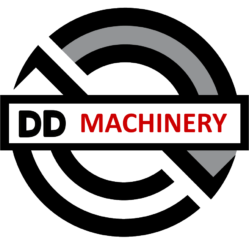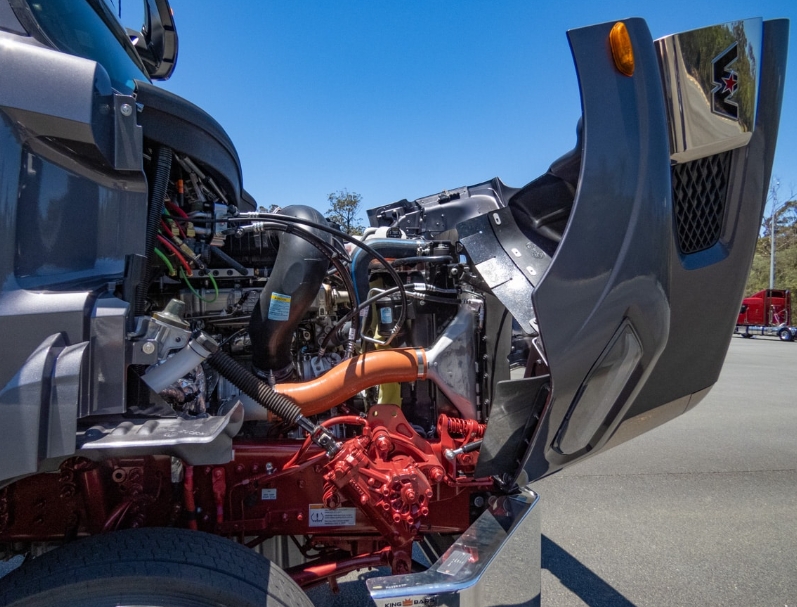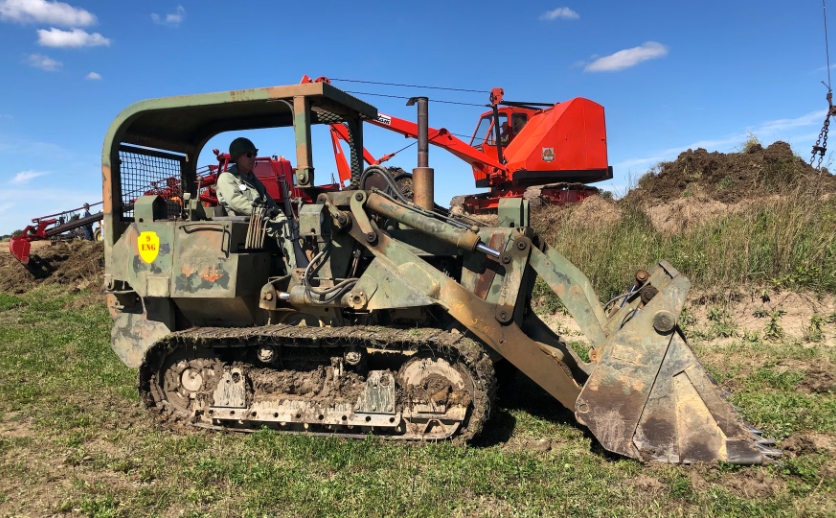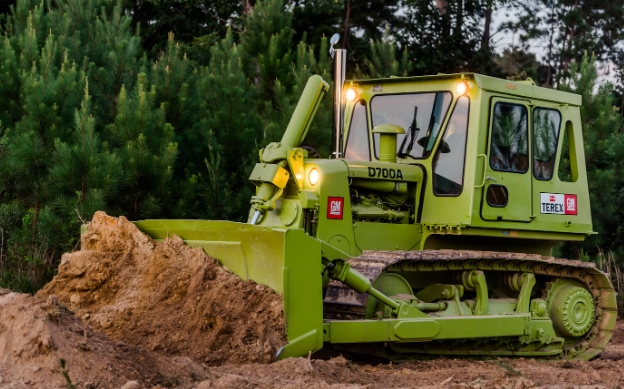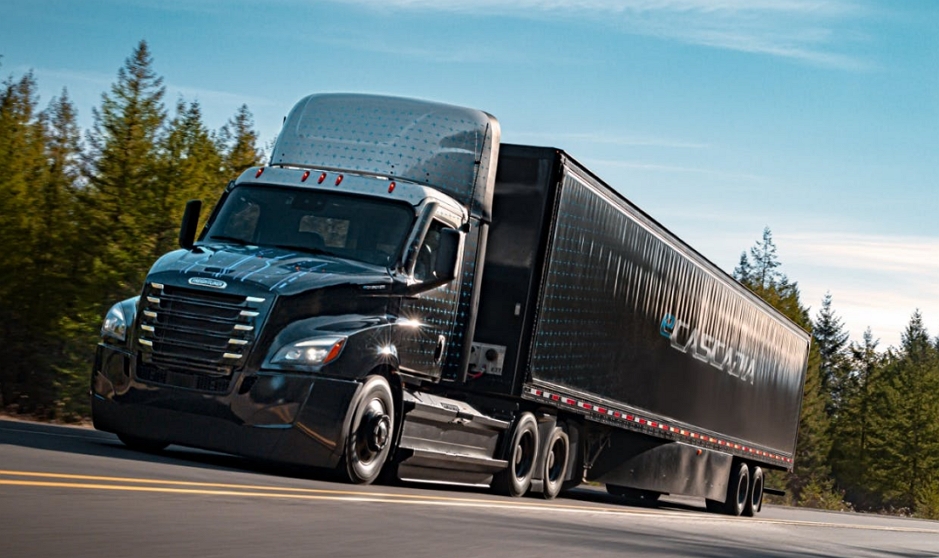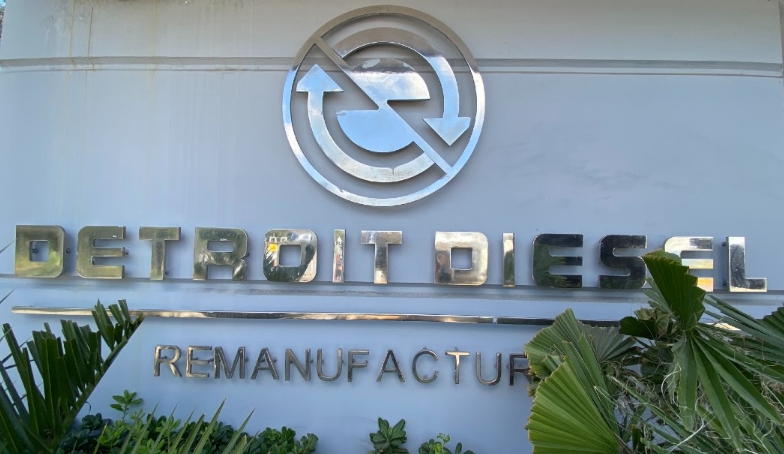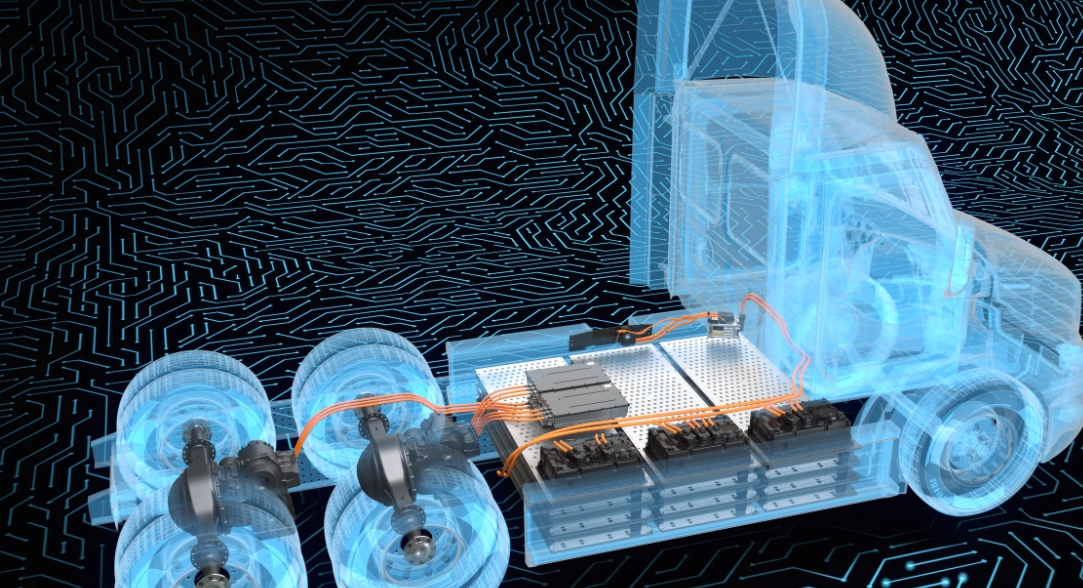
A Detroit plant known for producing diesel engines is slated to receive a $20 million investment to manufacture components for electric medium- and heavy-duty trucks.
The investment means the 3 million square foot Detroit Diesel plant, which is located in both Redford and Detroit, will become the North American source for Detroit ePowertrain components, according to a statement Monday from Daimler Trucks North America.
The operation is under the Detroit Diesel Detroit brand. Detroit Diesel is a subsidiary of Daimler Trucks. According to a company spokesperson, the Detroit plant employs 2,500 people.
Electric trucks, including semi-trailers, are expected to be an area of significant growth in the coming years. The planned Tesla Semi has received widespread publicity, although CNBC reported last month that CEO Ilon Musk said the Class 8 semitrailer was on hold until the company could produce more battery cells.
Daimler said in a statement that Detroit ePowertrain will be used in future Freightliner eCascadia and Freightliner eM2 trucks. Freightliner is also part of Daimler.
“The combination of Freightliner and Detroit has provided an incredible experience to our valued customers for more than four decades,” said Rakesh Aneja, head of e-mobility at Daimler Trucks North America, in a press release. “The Detroit-based ePowertrain integrated system respects that legacy and takes us into a new era for the industry, improving efficiency while eliminating exhaust emissions.”
The announcement says it’s all part of the company’s strategy to create a unified architecture for its battery electric vehicles around the world.
The announcement says the company’s first electric-powered offerings will have a maximum range on a full charge of 230 miles for the medium-duty eM2 and 250 miles for the larger Class 8 eCascadia.
“Initially, the Detroit ePowertrain will feature a 400 volt eAxle design and will be offered in two variants suitable for different commercial vehicle applications. The single-engine design is rated at 180 horsepower, providing up to 11,500 (lb-ft.) of maximum torque, while the dual-engine design provides up to 360 horsepower and 23,000 (lb-ft.) of torque,” the release said, noting that the electric drivetrain will be combined with one of three battery options.
